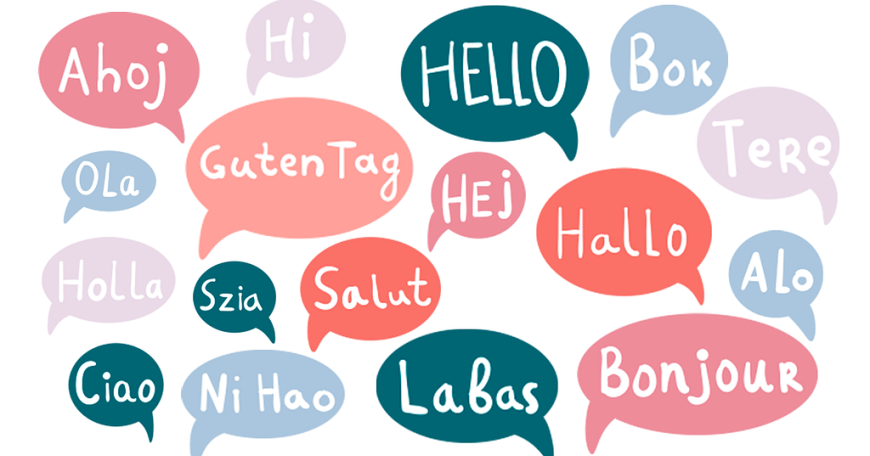
Celebrate International Translation Day with free language courses and resources from MIT
By Peter Chipman
Today, September 30, is International Translation Day — an occasion to celebrate the diversity of the world’s languages.
If you’re interested in learning Chinese, French, German, Japanese, Portuguese, or Spanish, MIT OpenCourseWare, part of MIT Open Learning, has you covered, with free materials from MIT language classes, from beginner to advanced. Once you’ve mastered the pronunciation, vocabulary, syntax, grammar, and idioms of your chosen language, the doors are wide open for you to explore a world’s worth of novels, stories, poems, plays, and films. If you’re already proficient in French, German, or Spanish, you may find the following courses especially interesting.
Courses taught in French
- Contemporary French Film and Social Issues: Take a look at contemporary French society as expressed through movies made in the 2000s.
- Topics in Modern French Literature and Culture: Global Paris: Investigate Paris’s oversized status as a global capital through the examination of works of literature.
- Contemporary Short French Fiction: Social and Literary Trends since 1990: Explore French stories and short novels that address such themes as colonialism, war, gender relationships, personal identity, and immigration.
Courses taught in German
- Visual Histories: German Cinema 1945 to Present: Take a deep dive into German filmmaking since World War II, including West German, East German, and post-unification cinema.
- Texts, Topics, and Times in German Literature: Get an overview of some of the important literary texts, tendencies, and themes from the German-speaking literary and cultural milieus.
- Advanced German Literature & Culture: Madness, Murder, Mysteries: Examine works from the 19th century to present day, including prose, poetry, radio plays, art, film, and architecture.
Courses taught in Spanish
- Introduction to Contemporary Hispanic Literature: Survey 20th- and 21st-century texts and films from Hispanic America and Spain.
- Advanced Topics in Hispanic Literature and Film: The Films of Luis Buñuel: Discover the career of this pioneering Spanish filmmaker, from the silent surrealist film Un perro andaluz (1929) to Ese oscuro objeto del deseo (1977).
- Modern Mexico: Representations of Mexico City’s Urban Life: Get a general introduction to 20th- and 21st-century literature and cultural production about modern Mexico, concentrating on recent changes in Mexico City’s urban life.
Courses taught in English with translated works
Do you want to explore classics of world literature before you’ve achieved proficiency in their original languages? Thanks to the efforts of translators, you can begin broadening your cultural literacy right away. The following courses are all taught in English and involve studying works in translation.
- Introduction to European and Latin American Fiction: Explore European and Latin American fiction from the 16th century to the present.
- Classics of Chinese Literature: Get an introduction to three of the major genres of traditional Chinese literature — poetry, fiction, and drama, with a focus on vernacular fiction.
- Japanese Literature and Cinema: Delve into cinematic and literary representations of Japanese culture from the classical era and the samurai age to wartime, postwar, and contemporary Japan.
- Poetry in Translation: Get acquainted with the inherent challenges of translating poetry from different languages, cultures, and eras.
- The Bible: Study the Hebrew Bible and the New Testament, with attention to historical context, literary techniques, and issues resulting from translation from the original Hebrew and Greek versions.
These course materials are all available through MIT OpenCourseWare, part of MIT Open Learning. OpenCourseWare offers free, online, open educational resources from more than 2,500 courses that span the MIT undergraduate and graduate curriculum.
Celebrate International Translation Day with free language courses and resources from MIT was originally published in MIT Open Learning on Medium, where people are continuing the conversation by highlighting and responding to this story.

